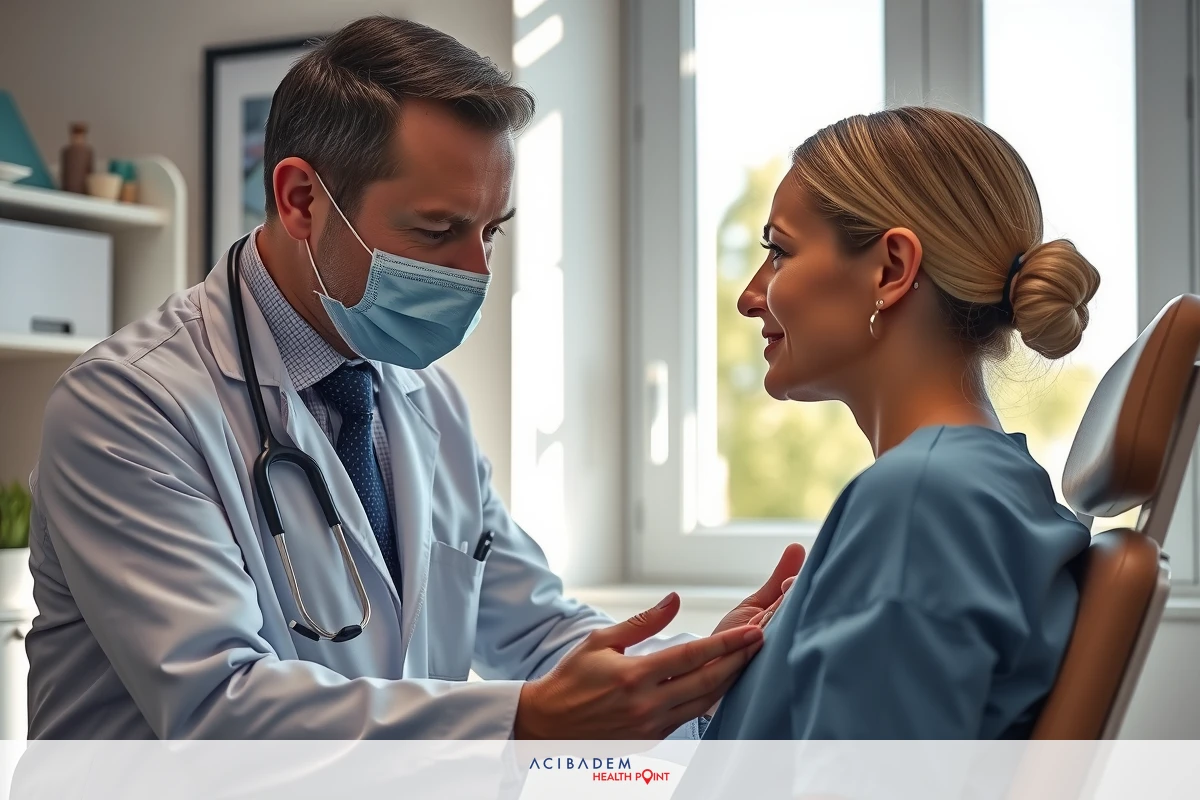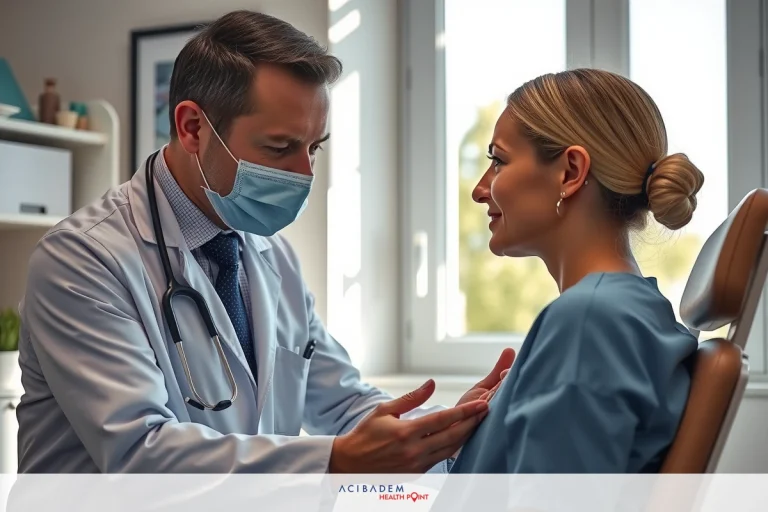What if You Hit Your Nose after Rhinoplasty
What if You Hit Your Nose after Rhinoplasty Navigating the aftermath of rhinoplasty can sometimes be a tricky process. Accidents happen, and when they involve your newly operated nose, panic might set in. Don’t worry; this guide provides essential steps to take if you encounter such an unfortunate incident.
Hitting your nose post-rhinoplasty may lead to discomfort but it’s not always cause for alarm. Contacting your surgeon should undoubtedly be among your first actions – their professional guidance is vital in assessing any potential damage and providing advice on mitigating further complications.
Understanding how to prevent additional harm is also crucial during recovery. Simple precautions contribute significantly towards protecting the tender area around your nose, accelerating healing time while ensuring the best possible surgical results are achieved despite adverse events.
Immediate Steps to Take
Accidents happen, even in the most cautious environments. When it comes to a recent rhinoplasty recipient suffering a nose injury, swift and specific actions need to be taken. The first step is not panic; while discomfort or pain may arise from such an incident, it’s important to remain calm and composed for the subsequent steps.
Next on your list should be assessing the situation carefully. If bleeding occurs due to the impact, gently dabbing – not wiping – with a soft cloth can help control it. Applying ice packs wrapped in thin cloth might also aid in reducing any potential swelling caused by the accident. However, these are just immediate measures and do not replace professional medical advice.
Getting into contact with your healthcare provider as soon as possible after post-surgery accidents is quintessential in ensuring proper recovery management following rhinoplasty procedures. Your surgeon understands best how traumatic impacts might affect your surgical results and whether further interventions are necessary. They can provide guidance tailored specifically towards your case taking into account multiple factors like age, general health status along with details of your original procedure.
As you wait for expert intervention, keeping one’s head elevated becomes crucial in managing post-injury symptoms effectively during this period of uncertainty: this helps reduce swelling and promotes healing too! All these suggestions serve merely as quick-response tactics until you receive definitive direction from trained professionals who understand intricacies involved within each individual’s unique recovery journey better than anyone else could possibly comprehend!
Contact Your Surgeon
Your rhinoplasty surgeon is your most valuable resource during the post-operative period. They have an intimate understanding of your individual case, having personally navigated the intricate structures of your nose during surgery. When an accidental impact occurs, their expert knowledge can quickly assess any potential damage and guide you on the next best steps to take.
Reaching out to them as soon as possible after a nose injury not only provides peace of mind but also allows for swift intervention if necessary. While many minor impacts may not significantly affect the eventual outcome of your rhinoplasty, there are instances where prompt action could prevent unwanted complications. Your surgeon can determine whether additional treatments or precautions are required based on detailed information about your accident and subsequent symptoms.
Maintaining open communication with your healthcare provider fosters a collaborative approach towards

recovery – one which prioritizes patient well-being above all else! By keeping them informed about any incidents or even concerns that arise throughout this journey, they’re able to provide ongoing support and advice tailored specifically towards ensuring optimal healing results despite unexpected hurdles along the way. Remember: It’s always better to err on side caution when it comes navigating uncertainties associated with post-surgery accidents because ultimately goal should be achieving best surgical outcomes while minimizing risk potential negative consequences!
What if You Hit Your Nose after Rhinoplasty: Preventing Further Damage
Understanding the precautions necessary to protect your nose after rhinoplasty is a significant part of the recovery process. It’s not just about immediate post-operation care; it also involves safeguarding against potential accidents that may occur during this vulnerable period. While it’s not always possible to predict when such incidents might happen, there are several measures you can take proactively to limit their likelihood and impact.
One way to minimize risk includes being mindful of your surroundings at all times – simple actions like ensuring clear pathways within the home or avoiding high-intensity physical activities can contribute substantially towards accident prevention. Proper sleep positioning also plays an essential role: maintaining an elevated head position helps reduce swelling and limits chances of accidental bumps during slumber. Additionally, wearing glasses instead of contact lenses allows for added protection without putting pressure on the nasal bridge which might aggravate sensitive areas.
Incorporating these small but impactful changes into daily life goes a long way in promoting successful healing outcomes following rhinoplasty procedures! Each individual’s journey is unique so while general guidelines offer broad guidance, personalised advice from medical professionals proves invaluable in navigating complexities associated with one’s specific recovery trajectory more effectively than any generic suggestion could ever hope achieve!
Frequently Asked Questions
How can I know if my nose injury after rhinoplasty is serious?
All injuries should be reported to your surgeon for professional assessment. While minor impacts might not affect the surgical outcomes significantly, it's crucial not to make judgments on your own. Symptoms like excessive swelling, pain that doesn't subside with over-the-counter medication or difficulty breathing need immediate medical attention.
What kind of activities should I avoid during recovery?
High-intensity physical exercises and contact sports are particularly risky due to their high potential for accidental impact. Saunas and steam baths are also discouraged as they can aggravate swelling.
Can wearing glasses cause harm post-rhinoplasty surgery?
Glasses can put pressure on the nasal bridge which could potentially interfere with healing especially in the early stages post-surgery. It's recommended to switch to contact lenses or use special support devices if you must wear glasses while recovering.
How long does a typical recovery process take after rhinoplasty surgery?
Recovery timelines vary among individuals based on factors such as age, overall health status, and details of the specific surgical procedure performed. However, most patients observe significant improvements within two weeks with final results becoming evident around one year after surgery.











